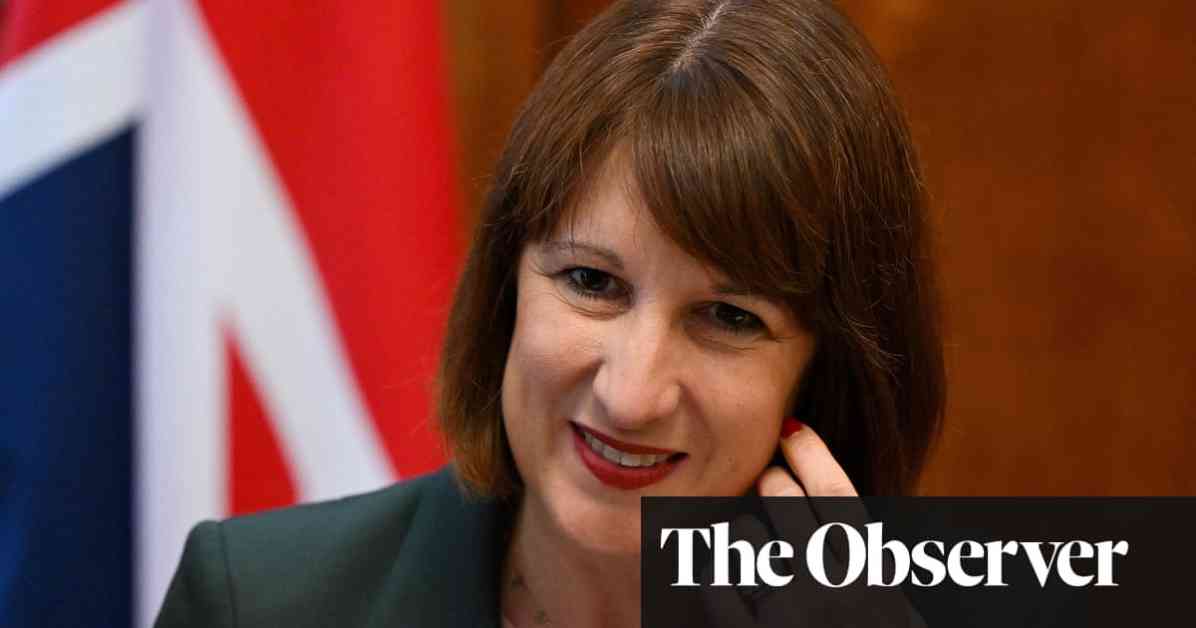Rachel Reeves is planning to propose a business tax increase in order to help fund the NHS deficit, which currently stands at a staggering £9 billion. This move is expected to be a key element of a budget that aims to reset the public finances, with the Chancellor staking her reputation on the tax-raising measures.
The proposal to increase national insurance contributions (NICs) for employers has received strong public support, according to new research commissioned by an influential think tank. The research shows that seven in 10 voters would approve of the move if the funds raised were used to boost spending on the health service. This measure is particularly popular among voters who switched from the Conservatives to Labour in the last election.
The NHS is facing a significant financial shortfall, needing an additional £9 billion this financial year just to maintain its current performance. This includes around £4 billion in increased wages for NHS staff, as well as funds needed to meet growing demand for services. Reeves is putting the NHS at the forefront of the upcoming budget, emphasizing the need to address the financial challenges facing the health service.
While the proposed tax increases have garnered some criticism, government sources argue that they are necessary to rebuild the health service and reset the public finances. The Tories have raised concerns that the measures may breach Labour’s election manifesto commitments, but the government maintains that they are in line with the party’s pledge not to increase VAT, income tax, or national insurance on “working people.”
In addition to the proposed tax increases, there have been discussions about potential cuts to inheritance tax allowances and higher capital gains tax on share sales. These measures come at a time when Labour is facing challenges on economic issues, as recent polls show a narrowing lead on improving voters’ financial situations.
It is crucial that any increase in funding for the NHS is accompanied by meaningful reform, according to experts. While a 3-4% real-terms increase in NHS funding has been speculated, there is a consensus that the health service needs to modernize and adapt in order to effectively address funding pressures. The government will need to demonstrate that the additional investment is being used to support reforms within the NHS, rather than simply maintaining the status quo.
Overall, the upcoming budget is expected to be a significant moment for the government, as it grapples with the need to address the NHS deficit and reset the public finances. The proposed tax increases, alongside potential spending cuts, will be closely scrutinized as the government works to navigate the economic challenges facing the country.












